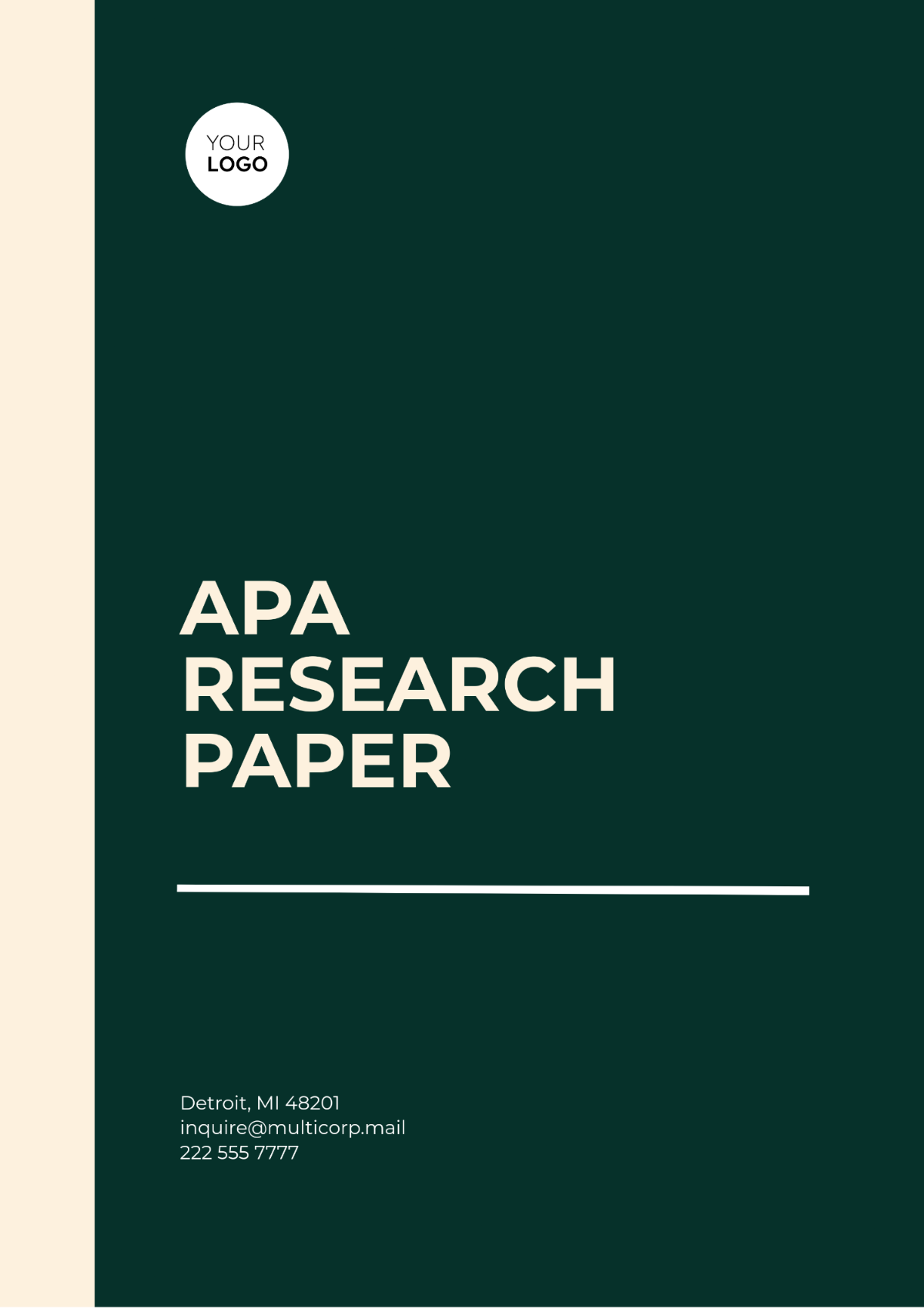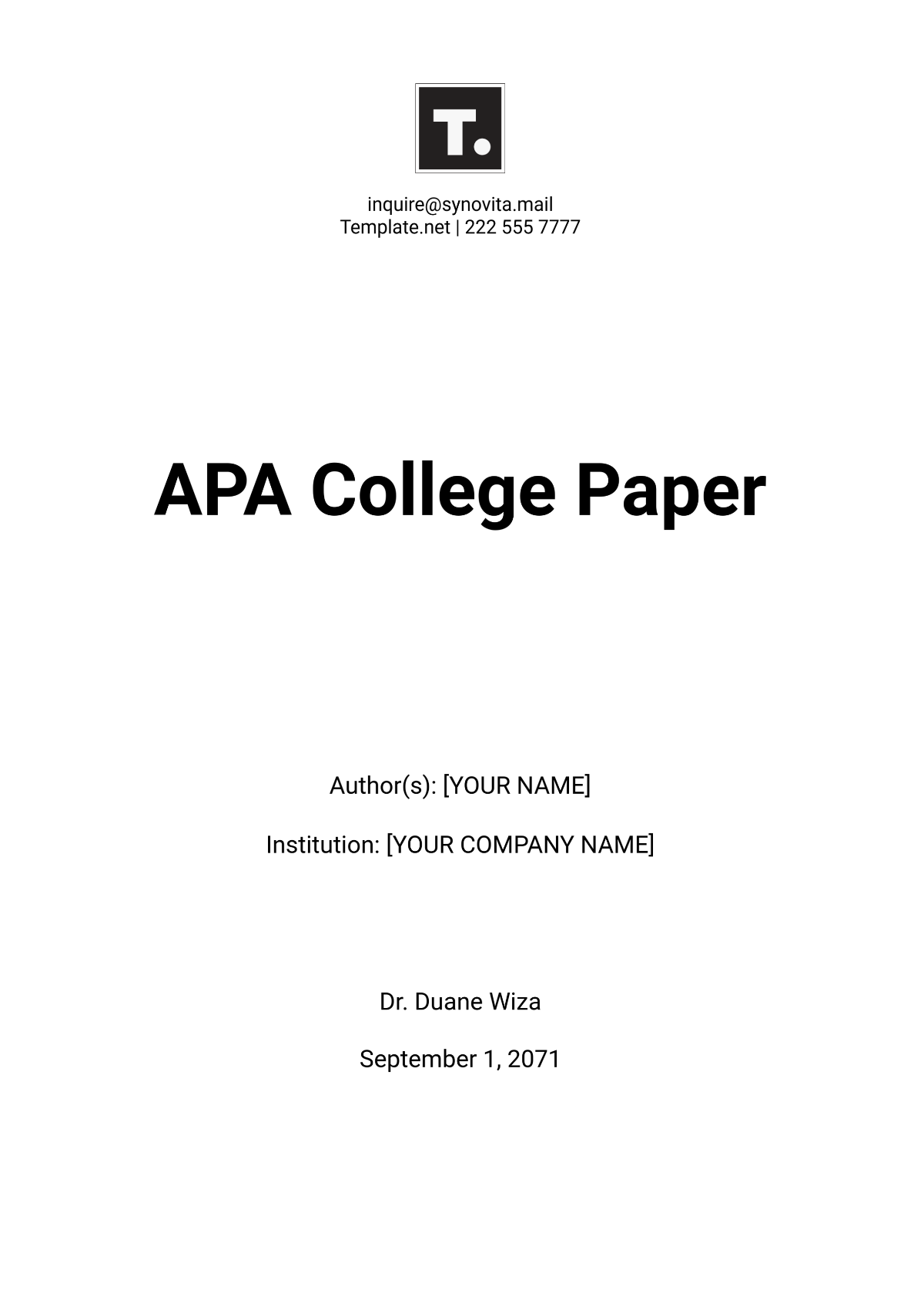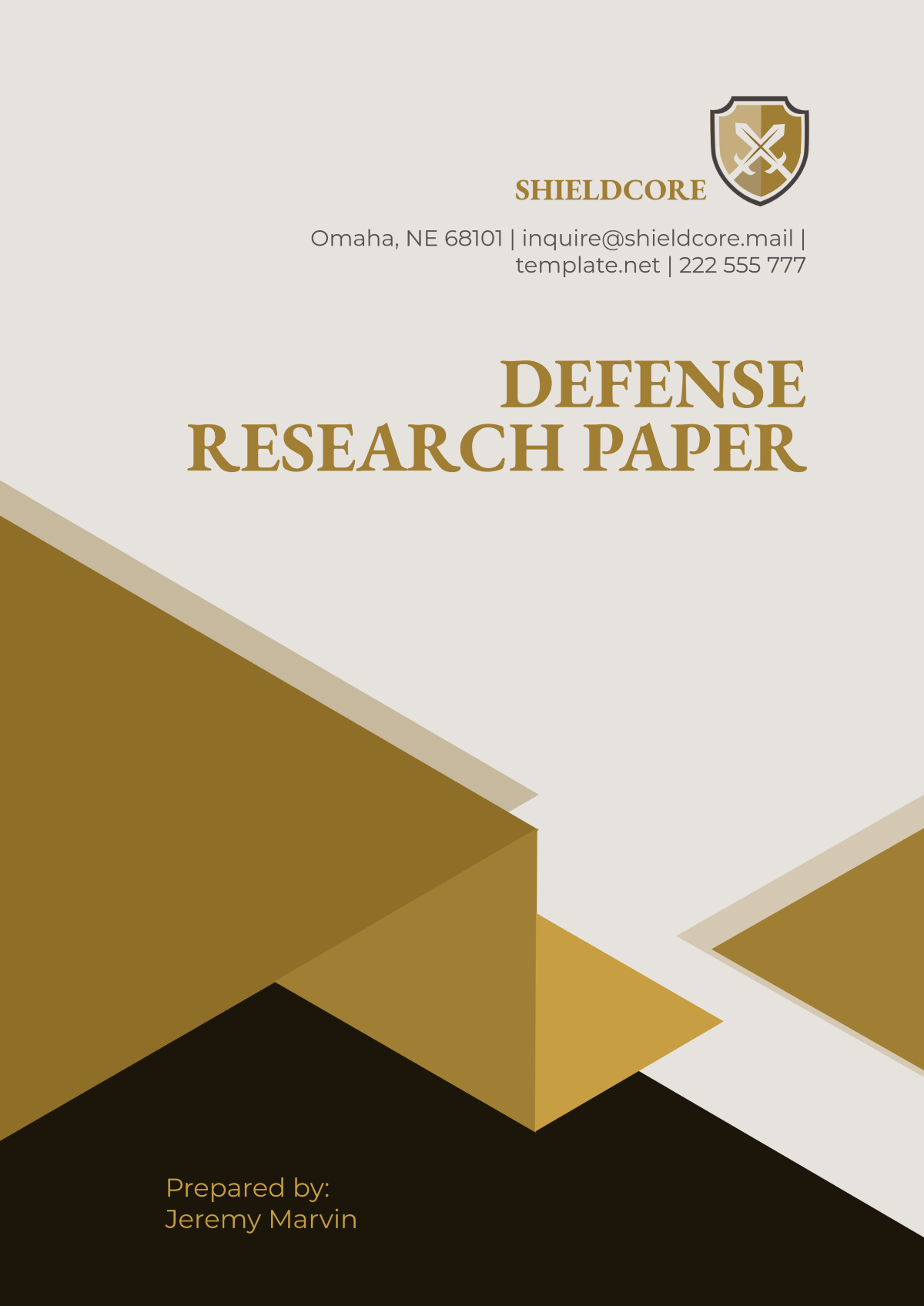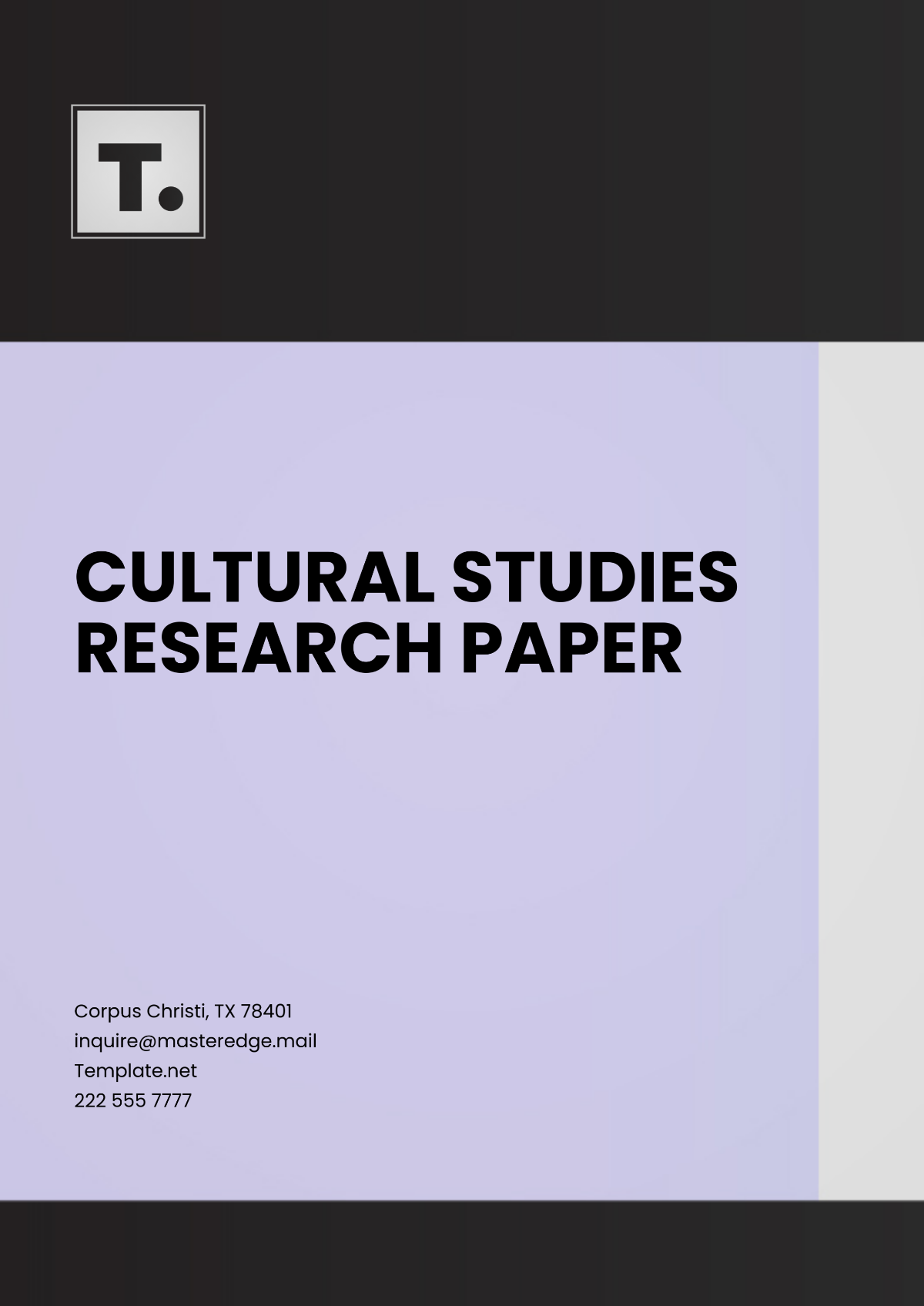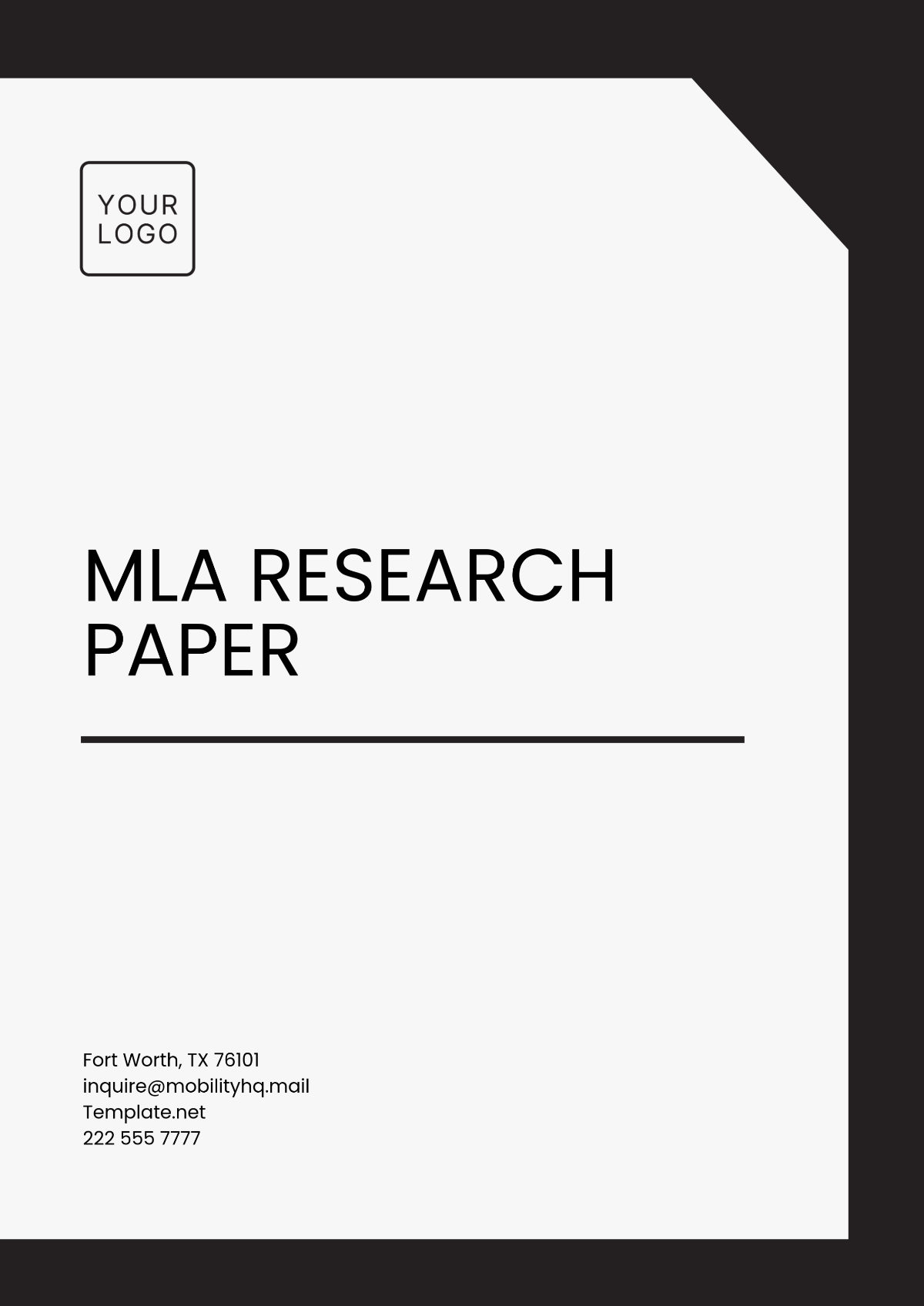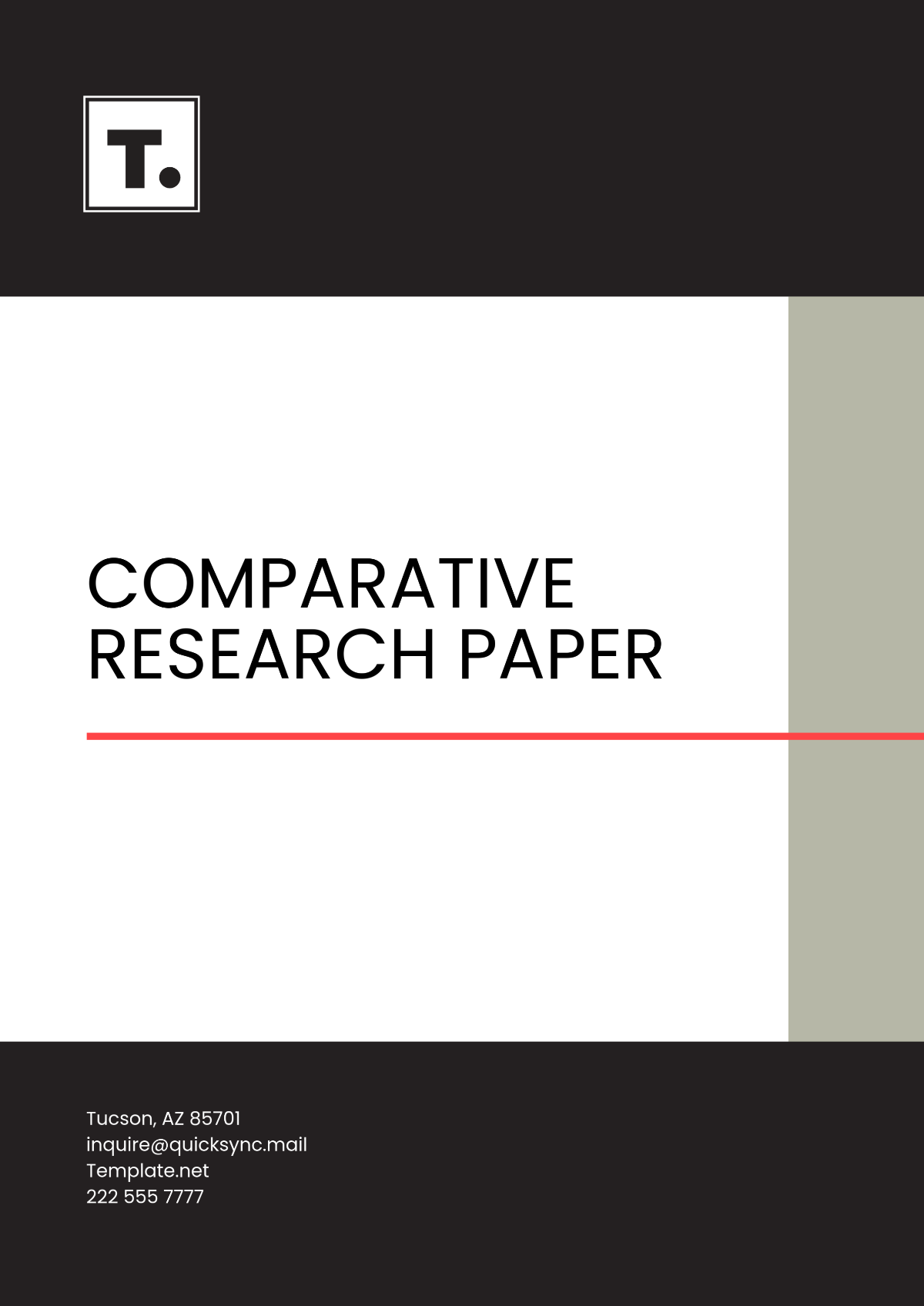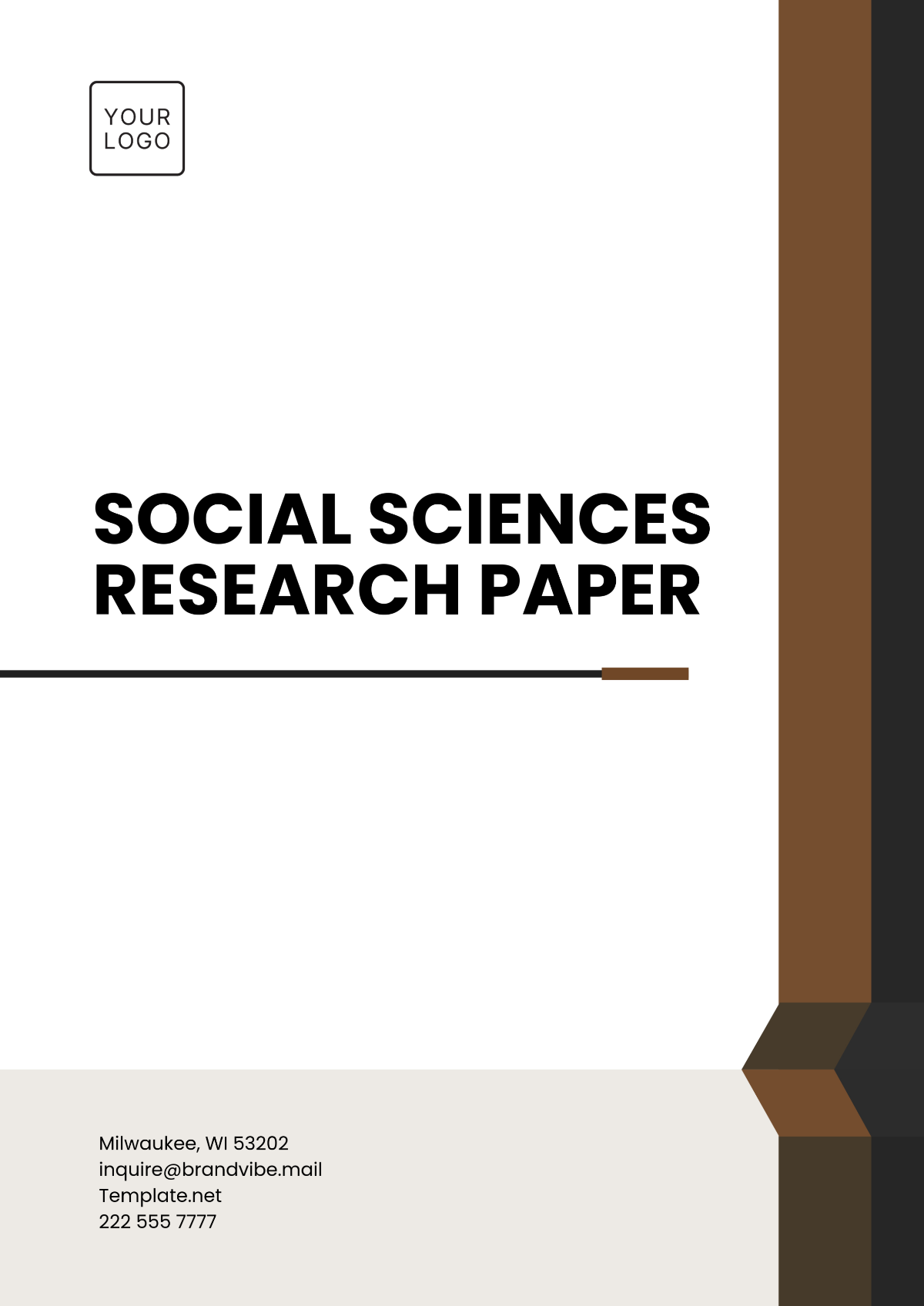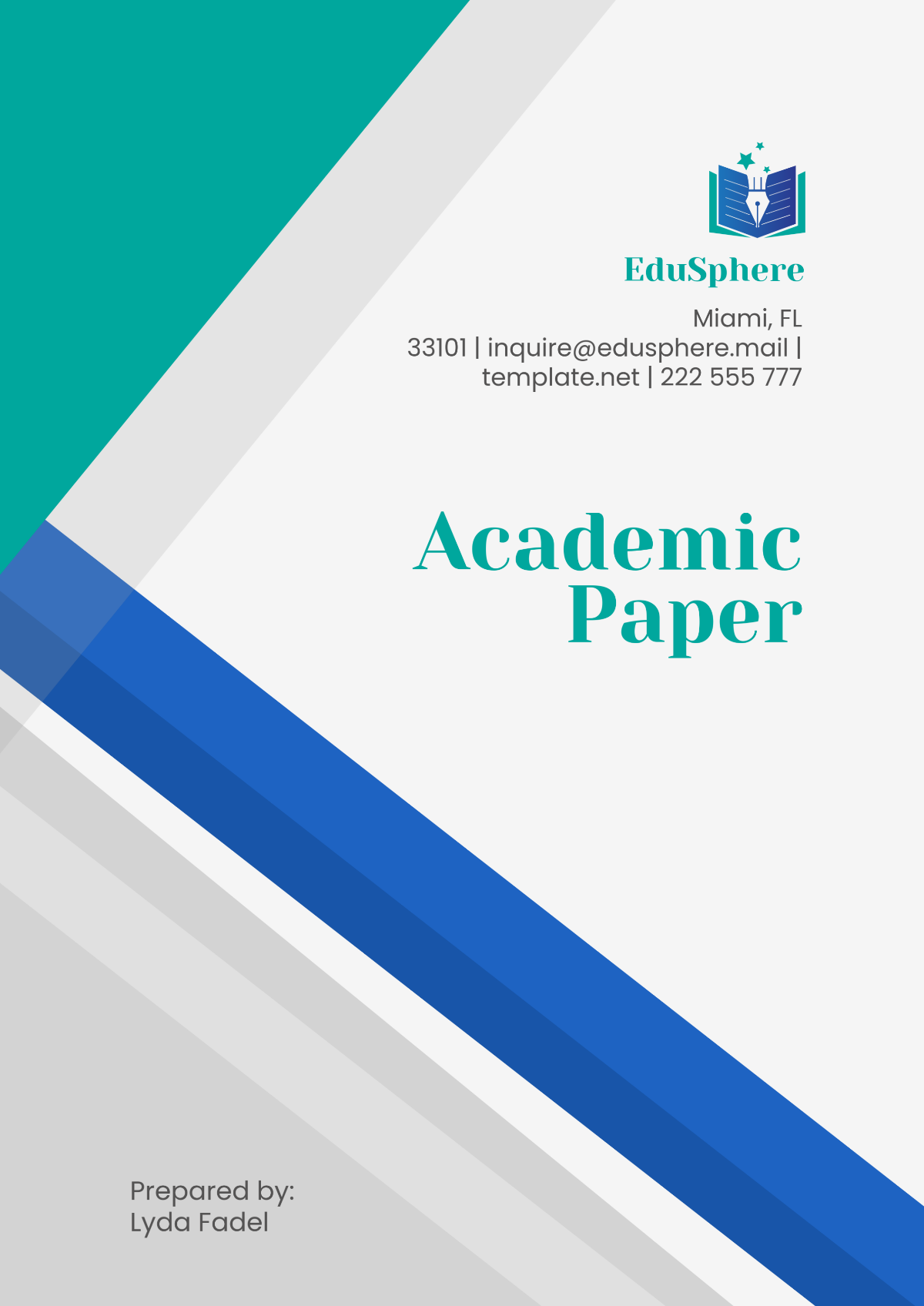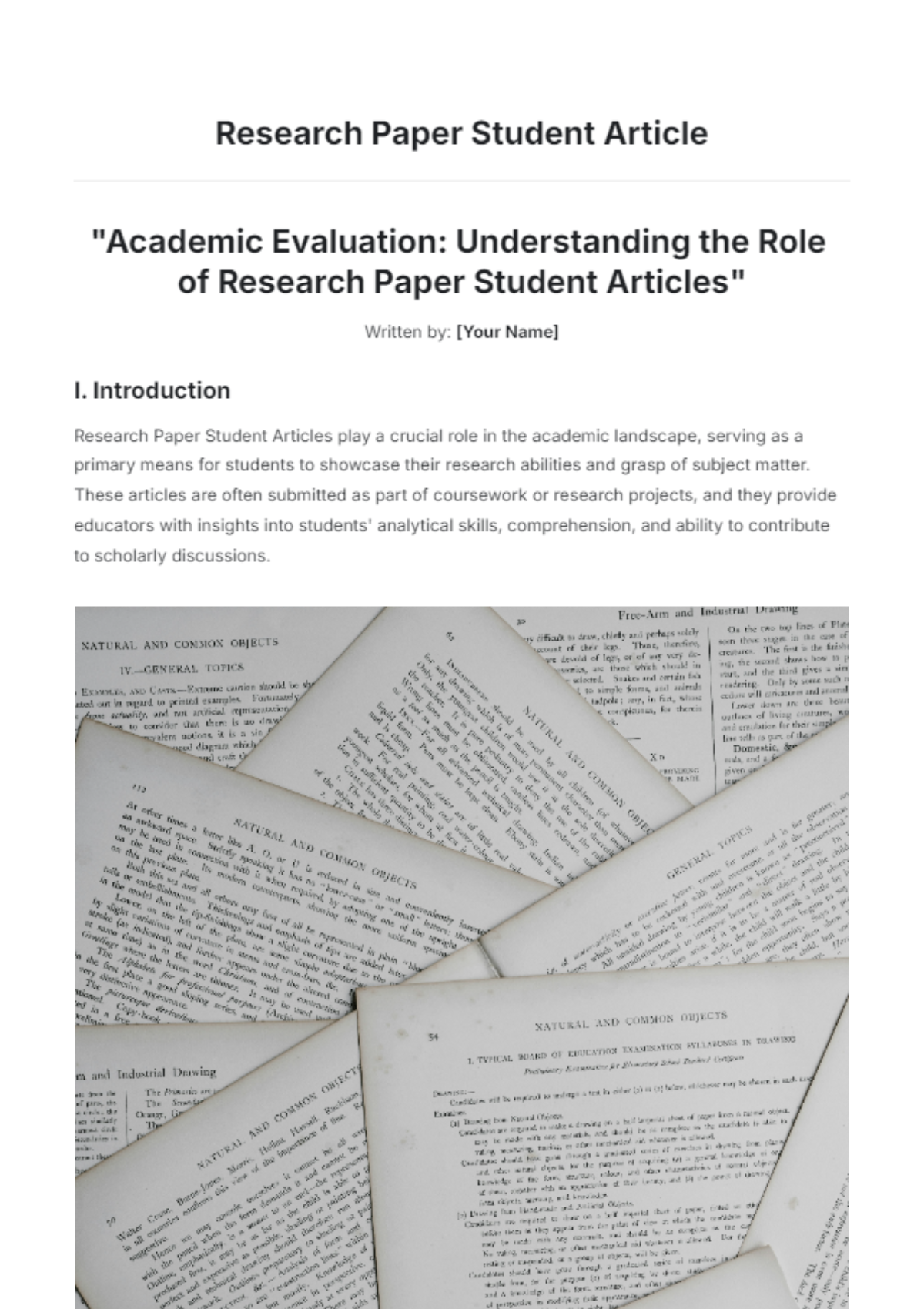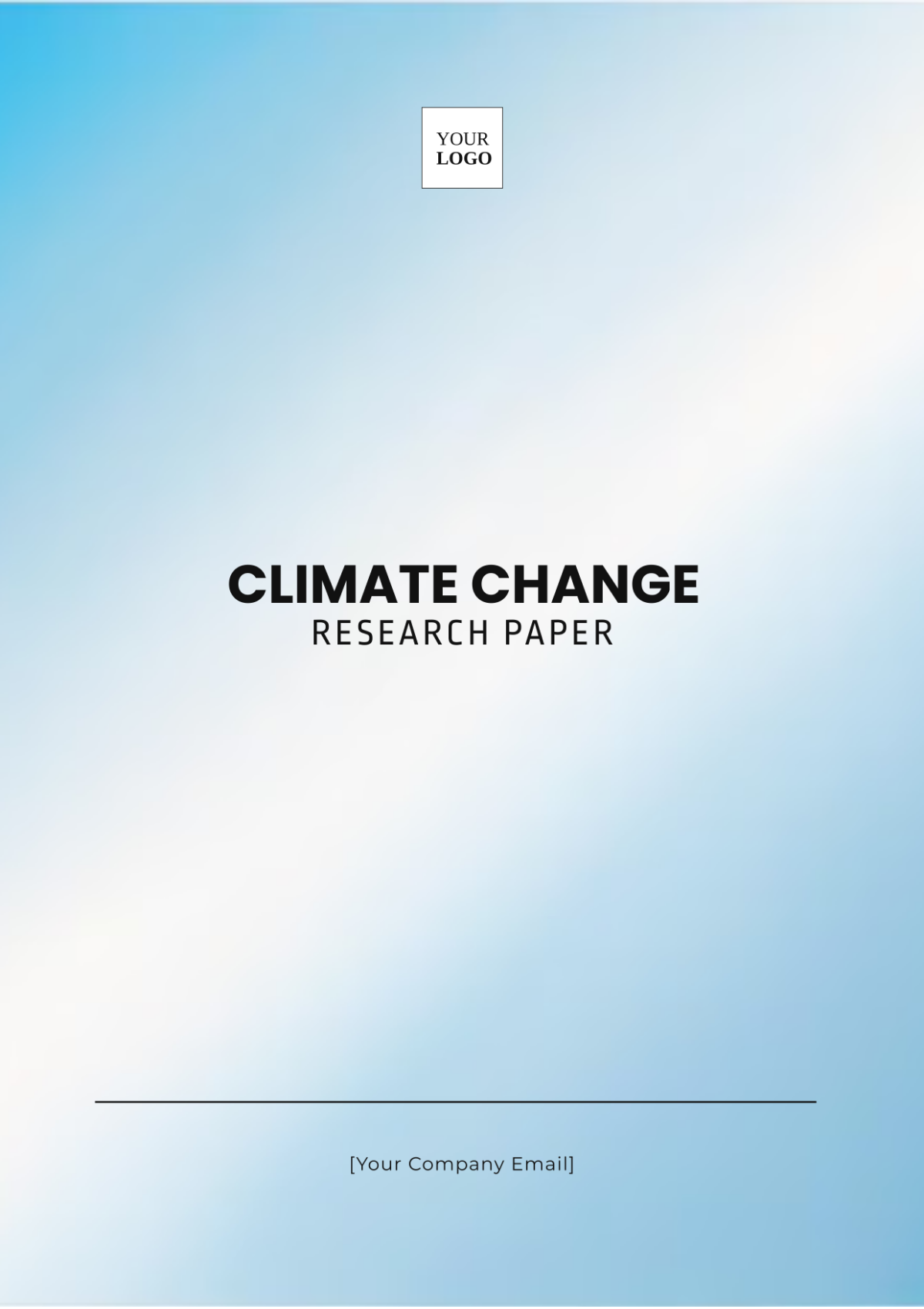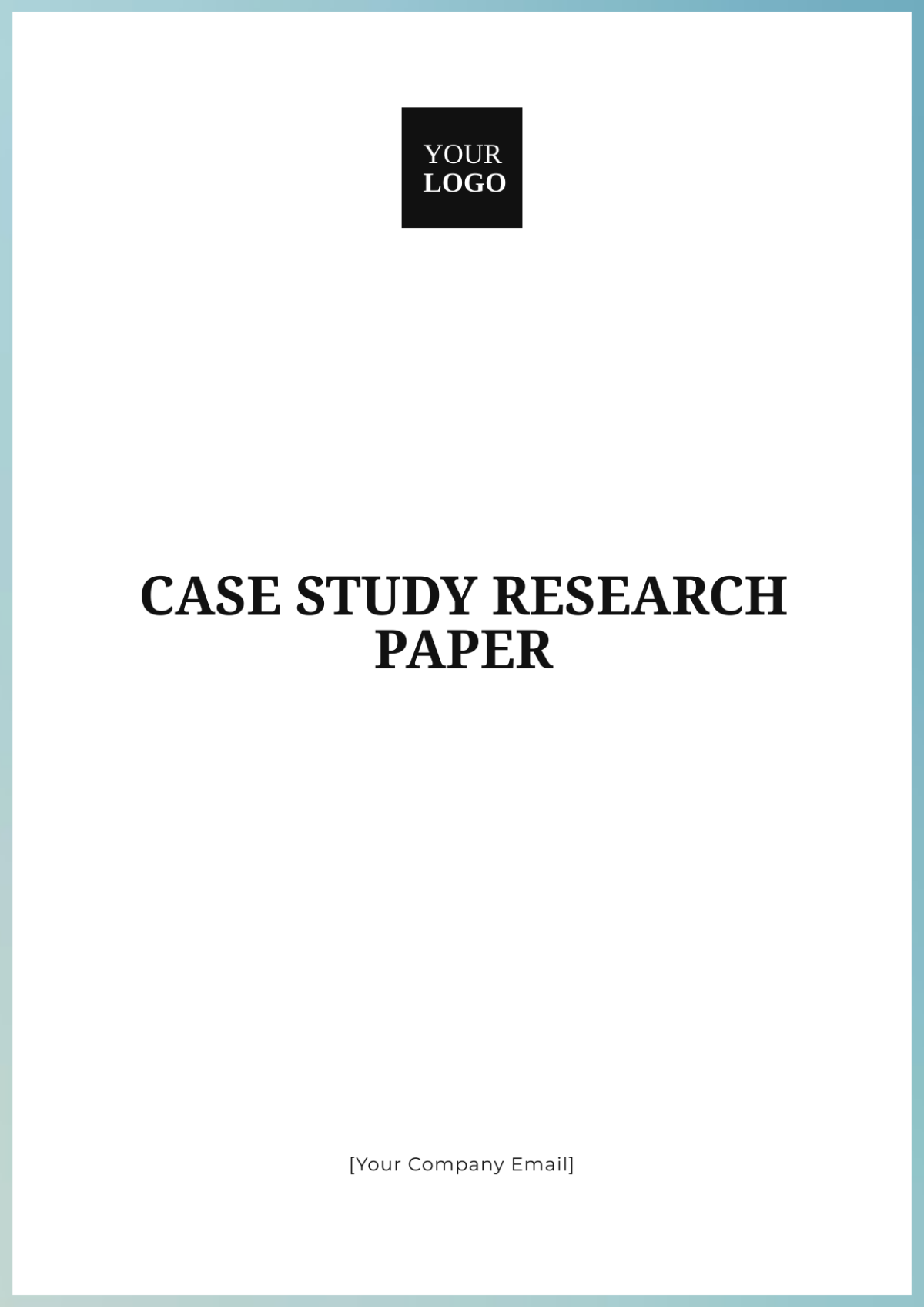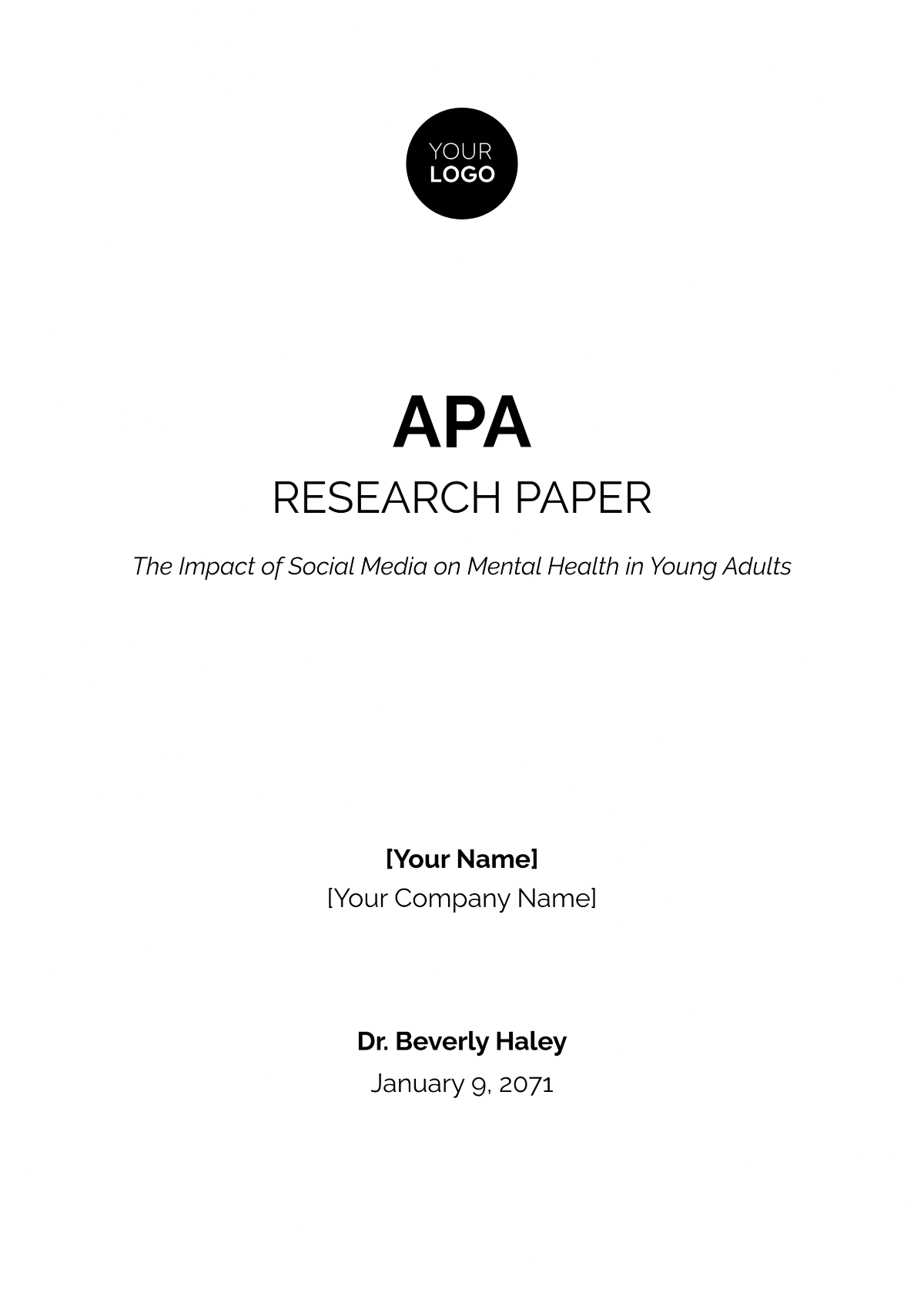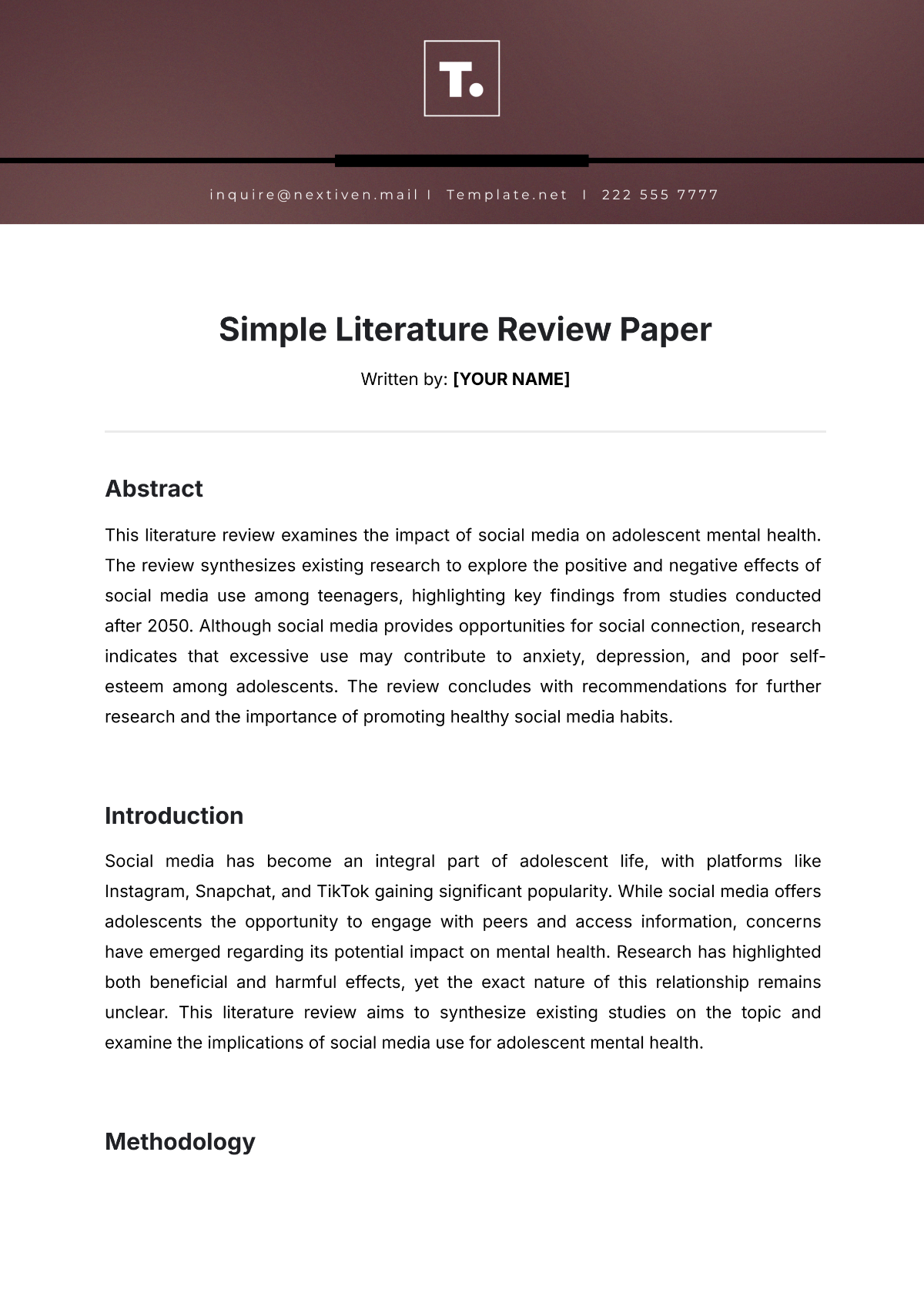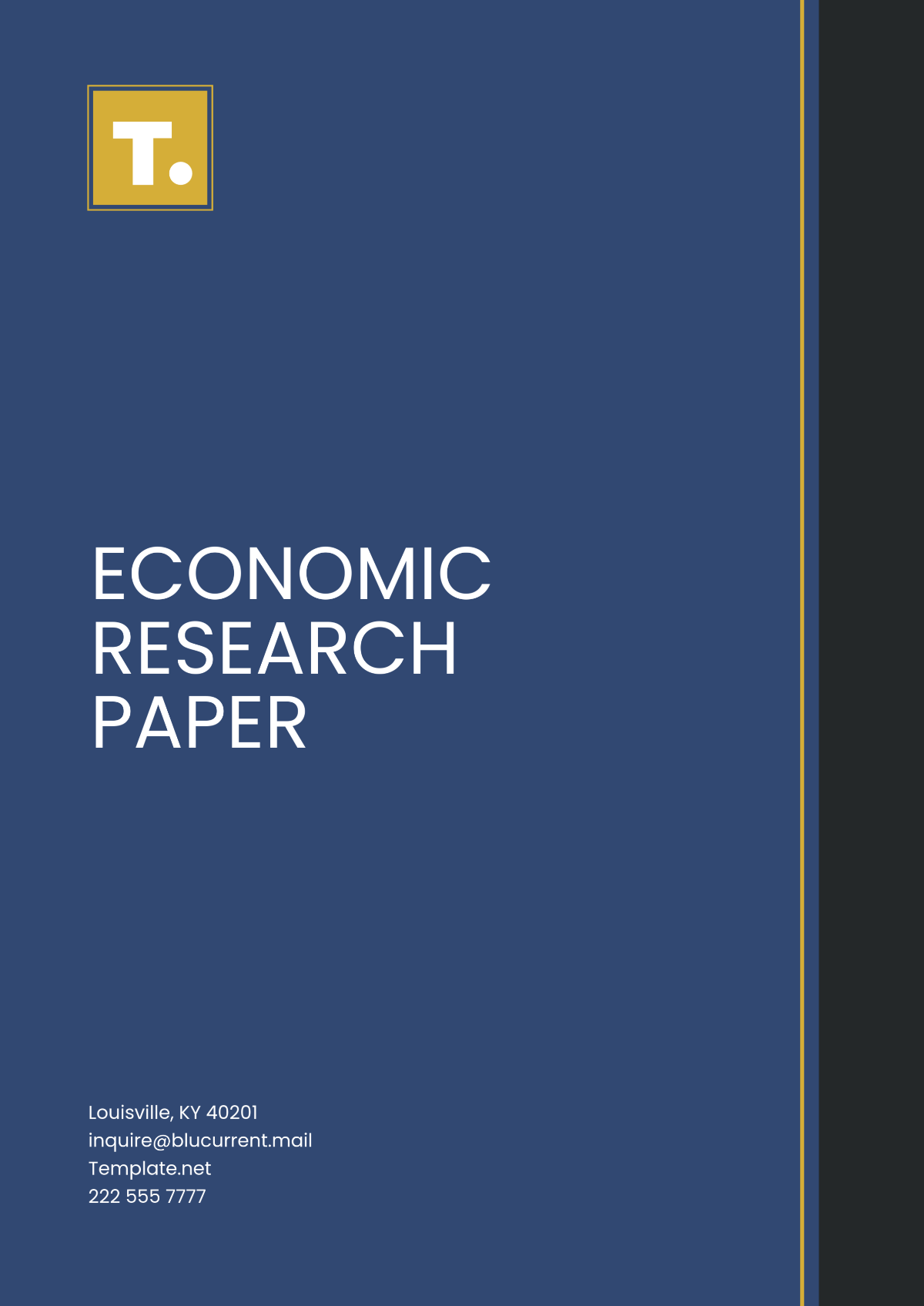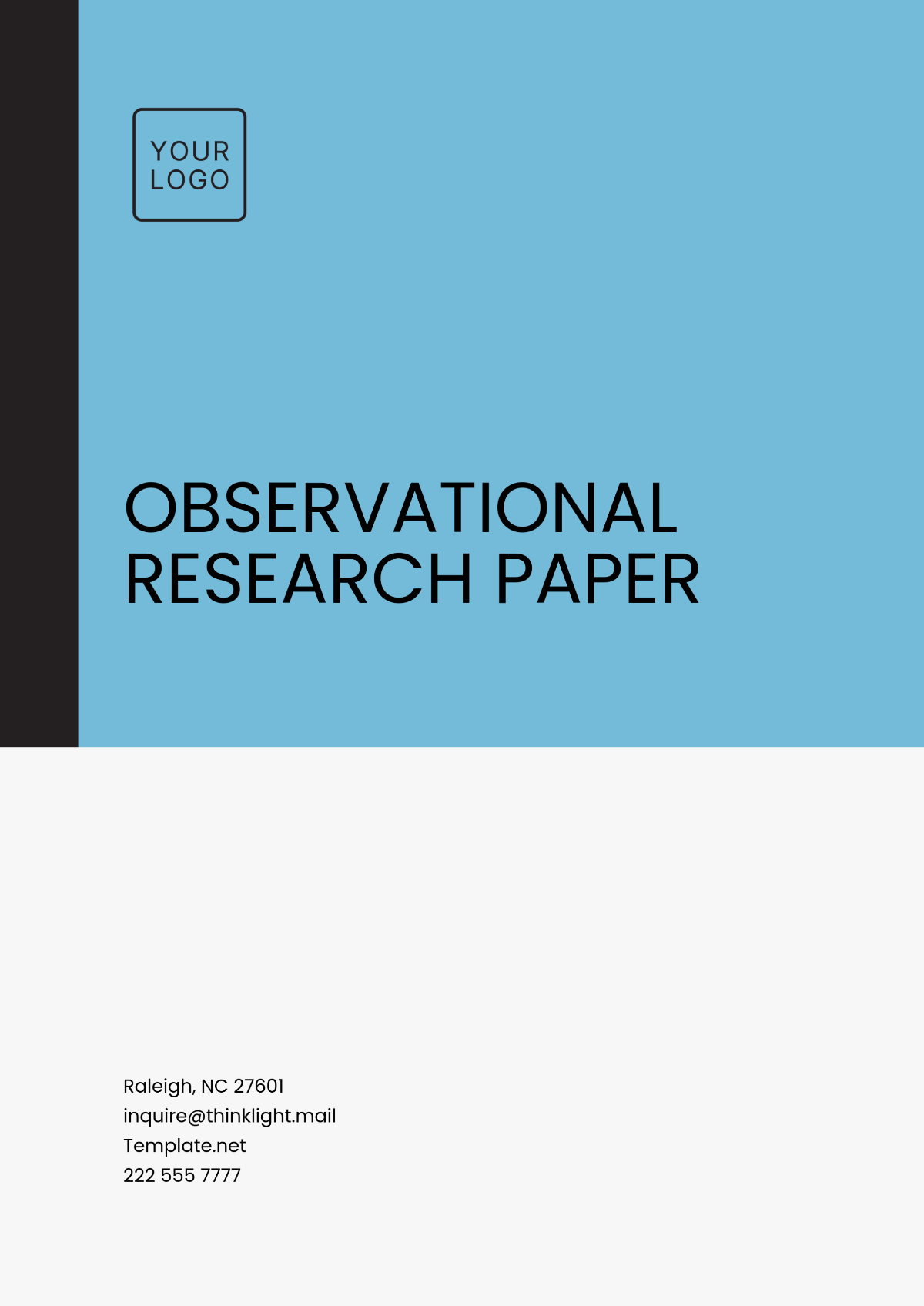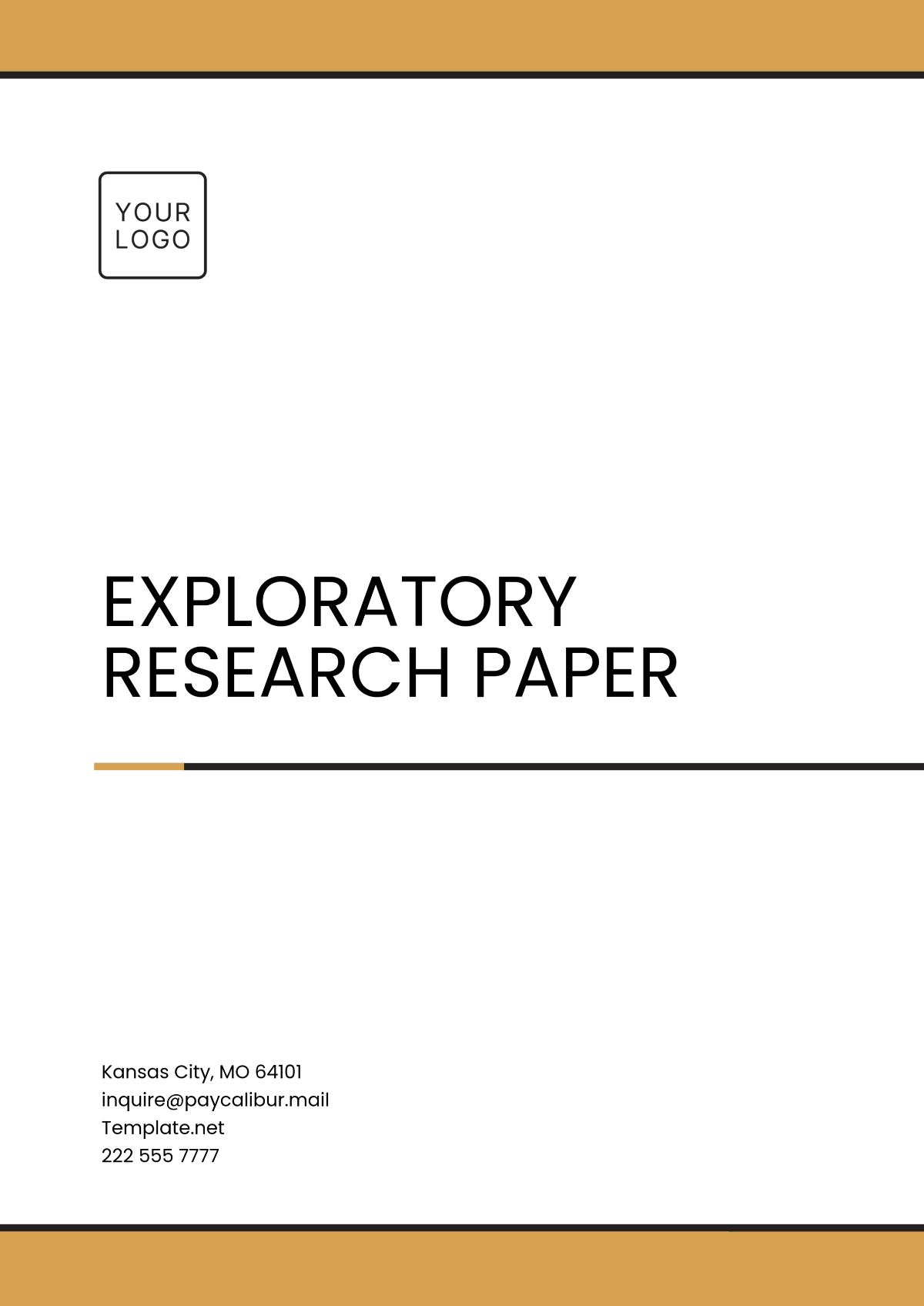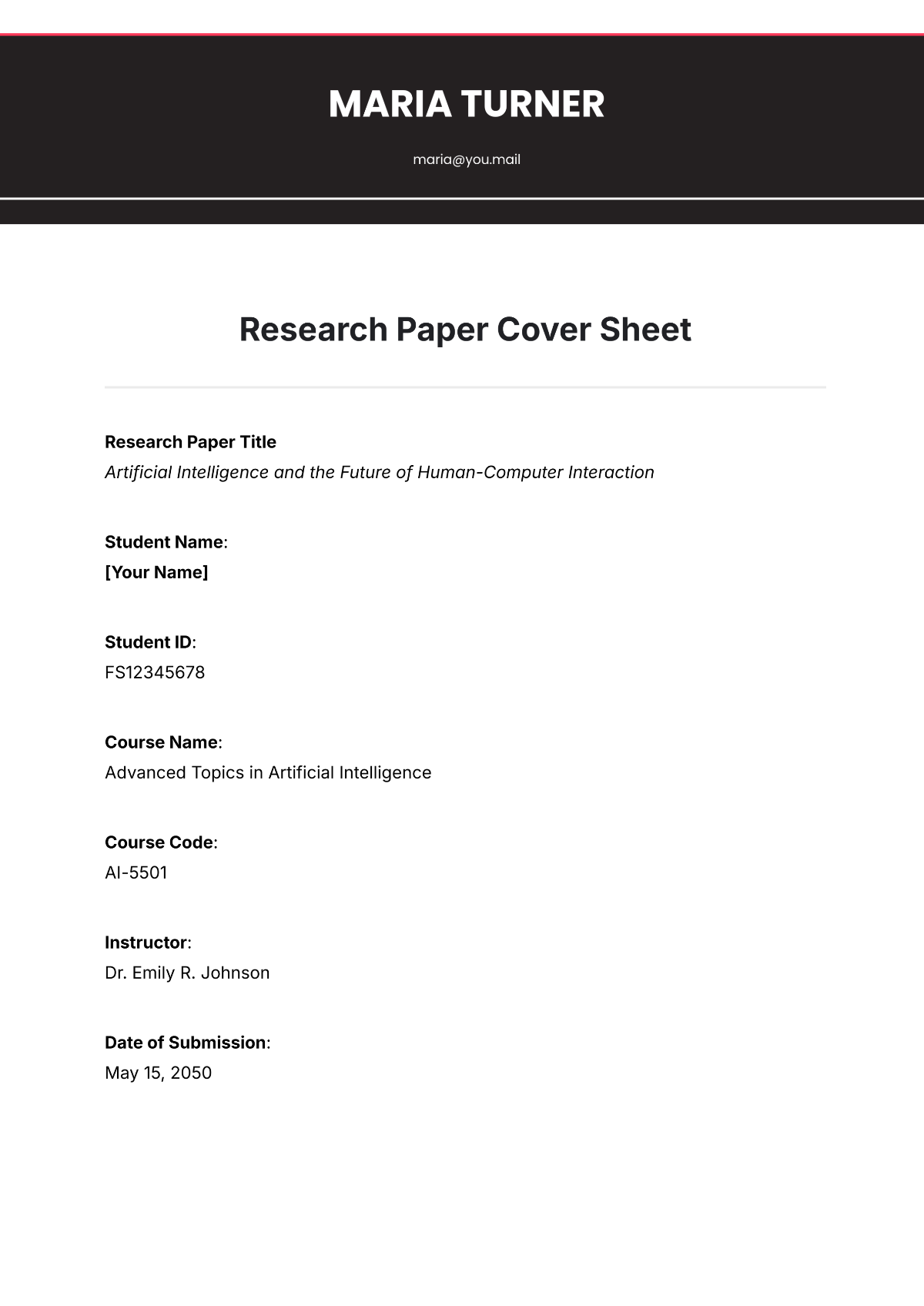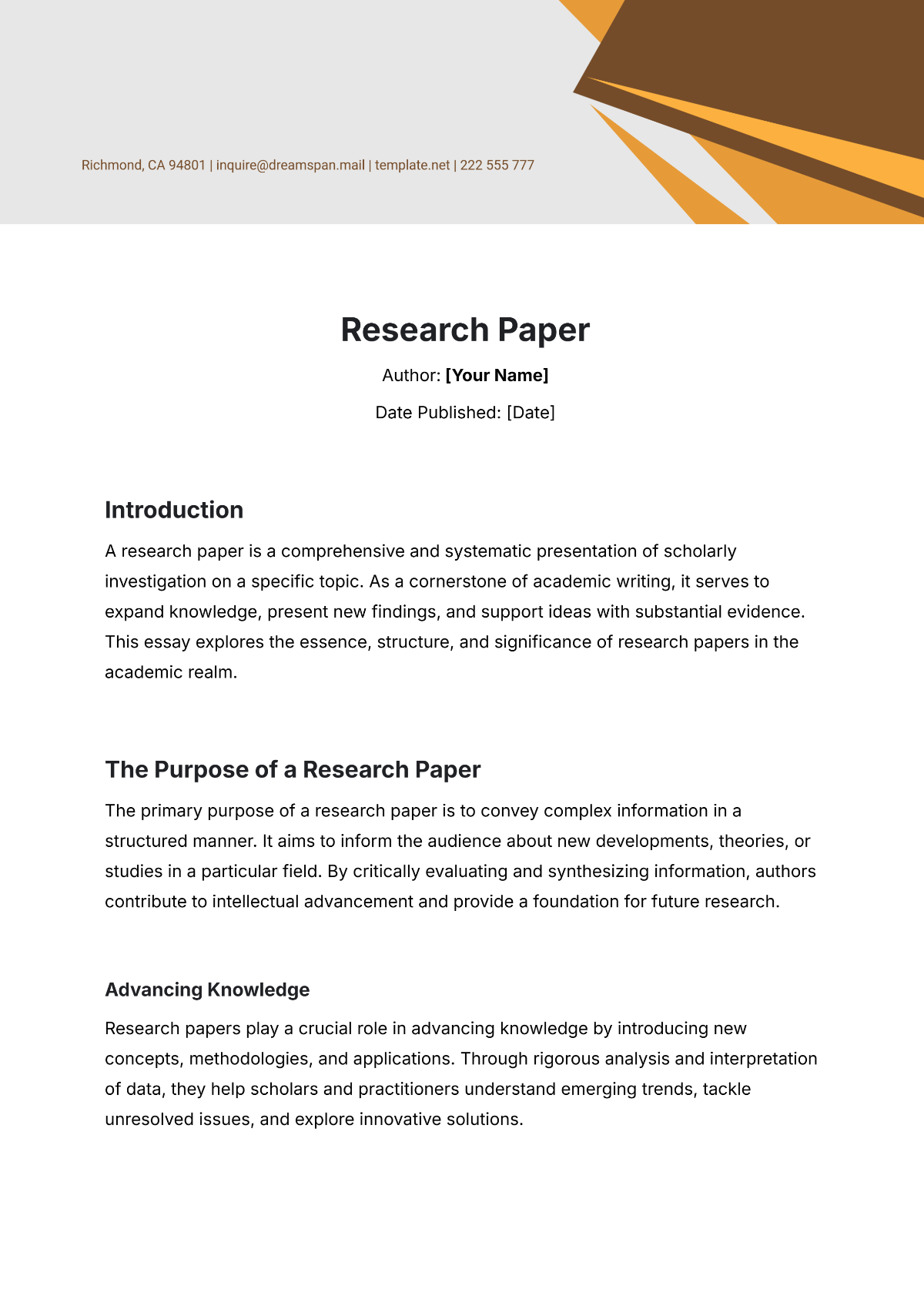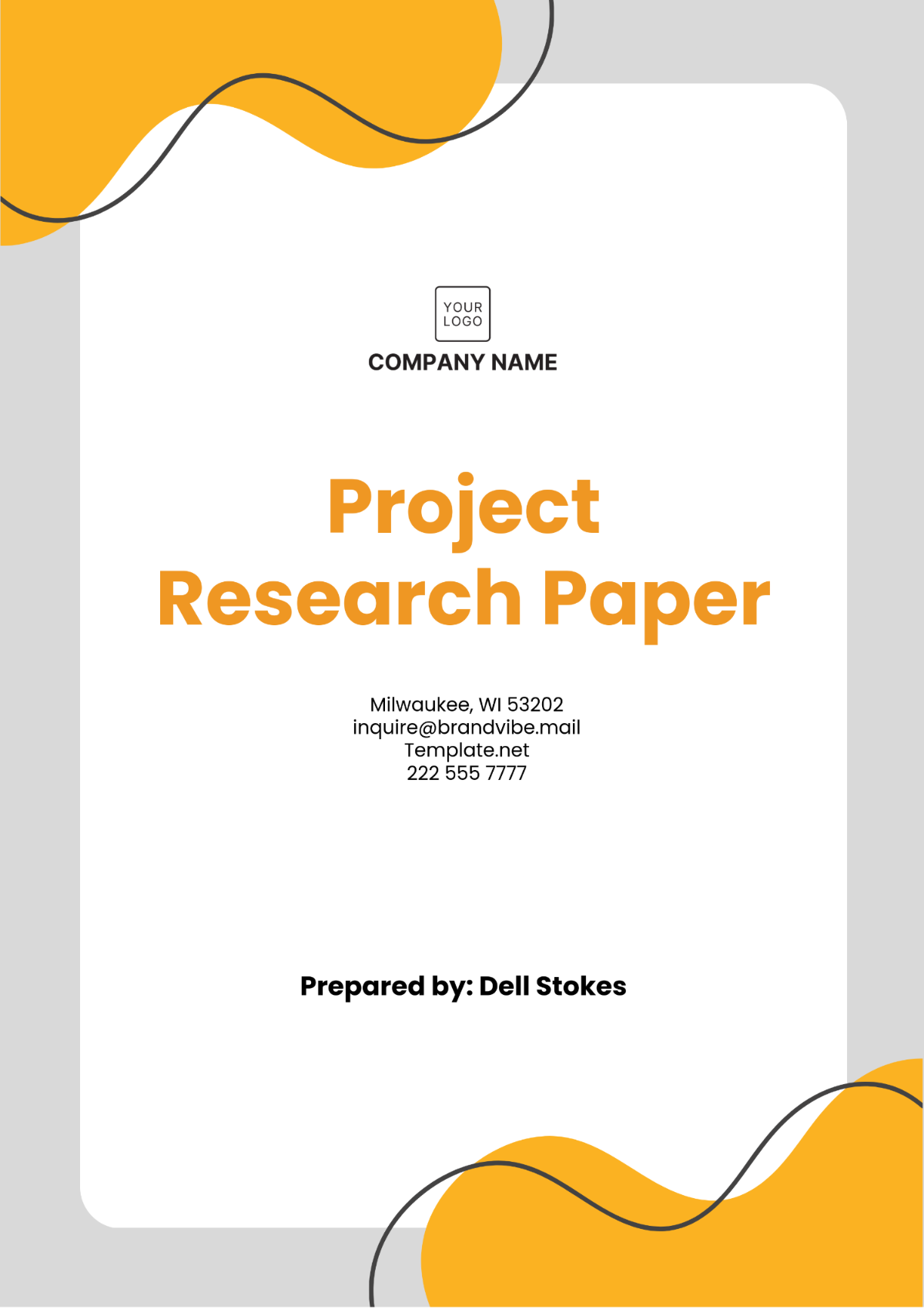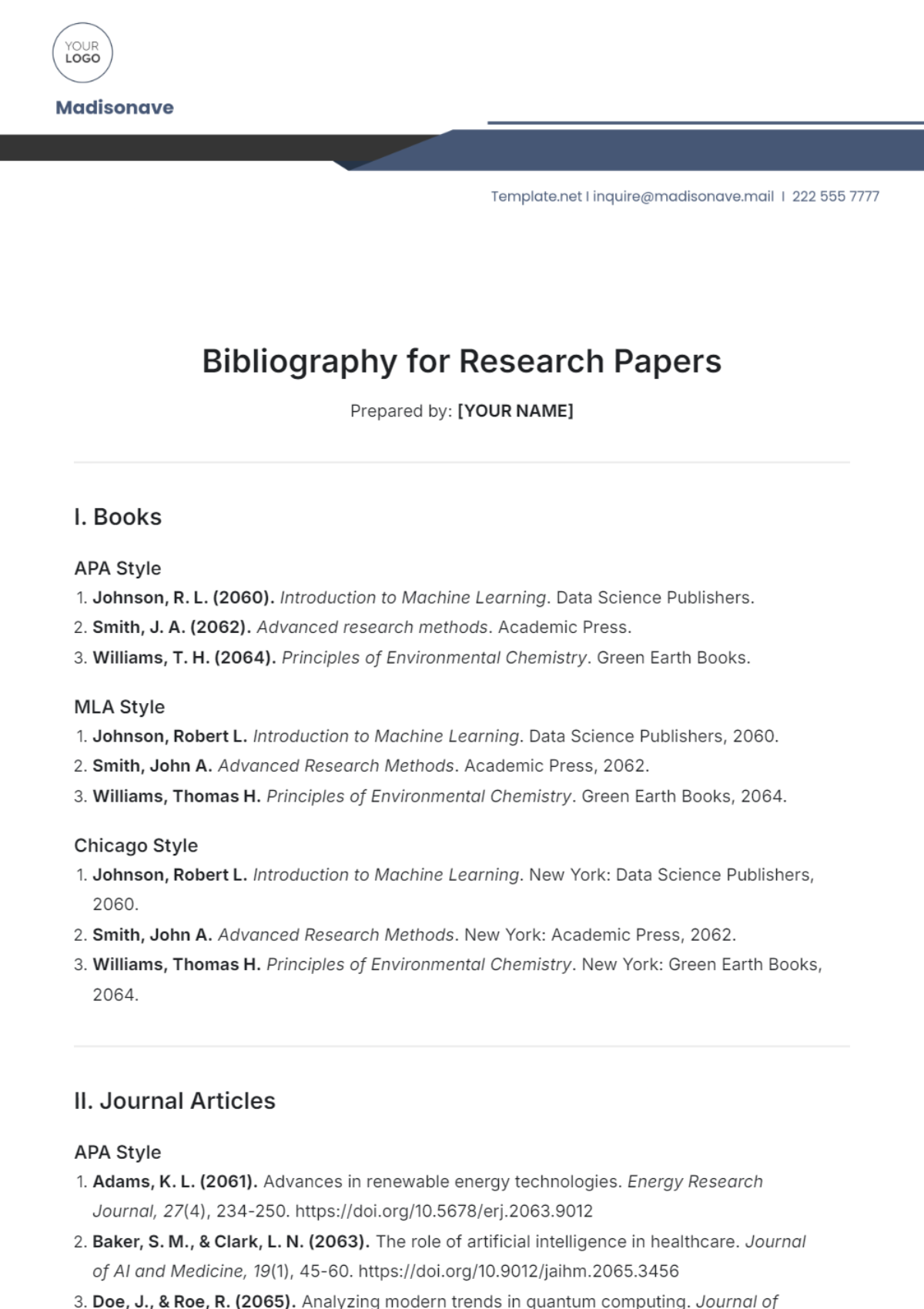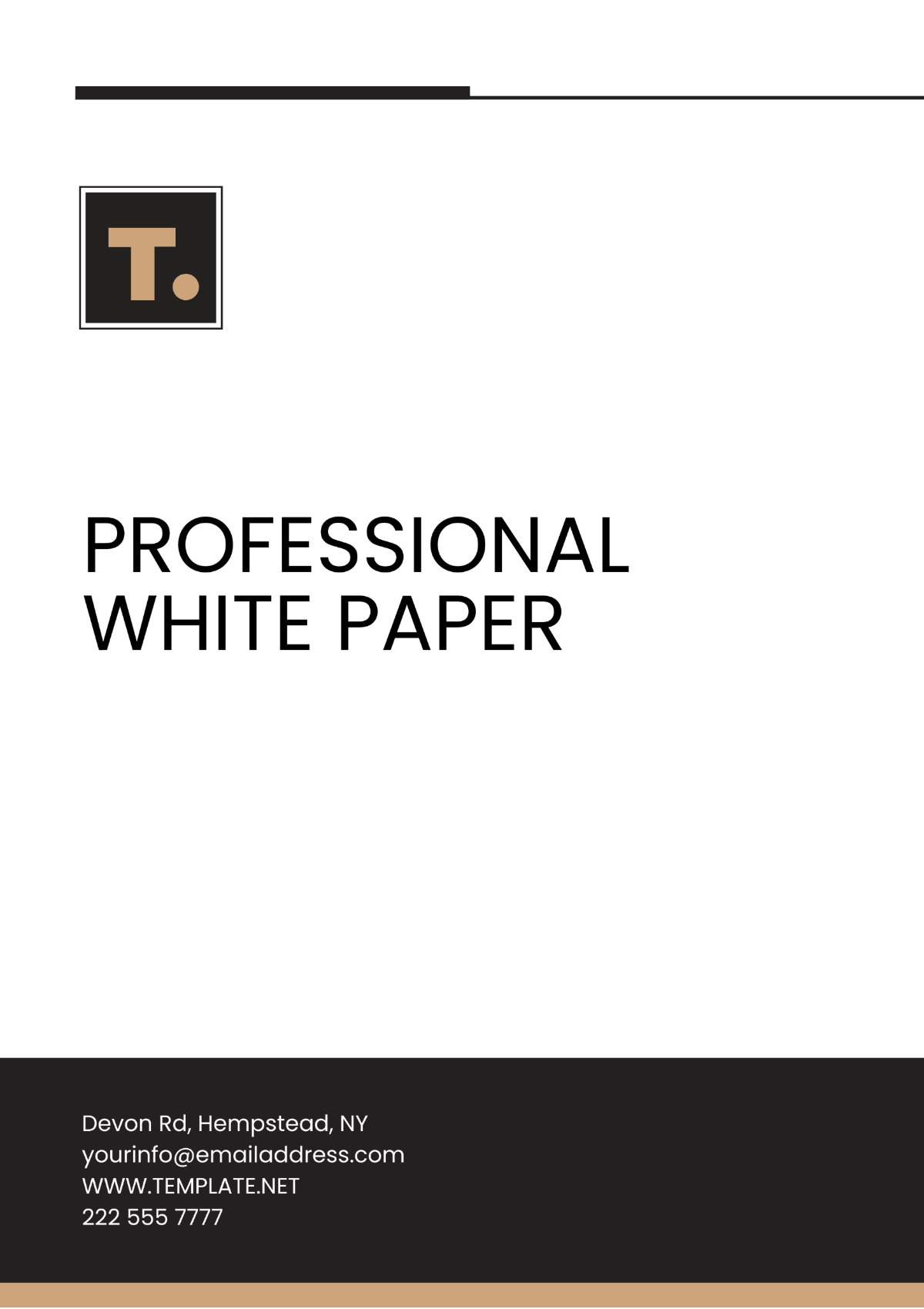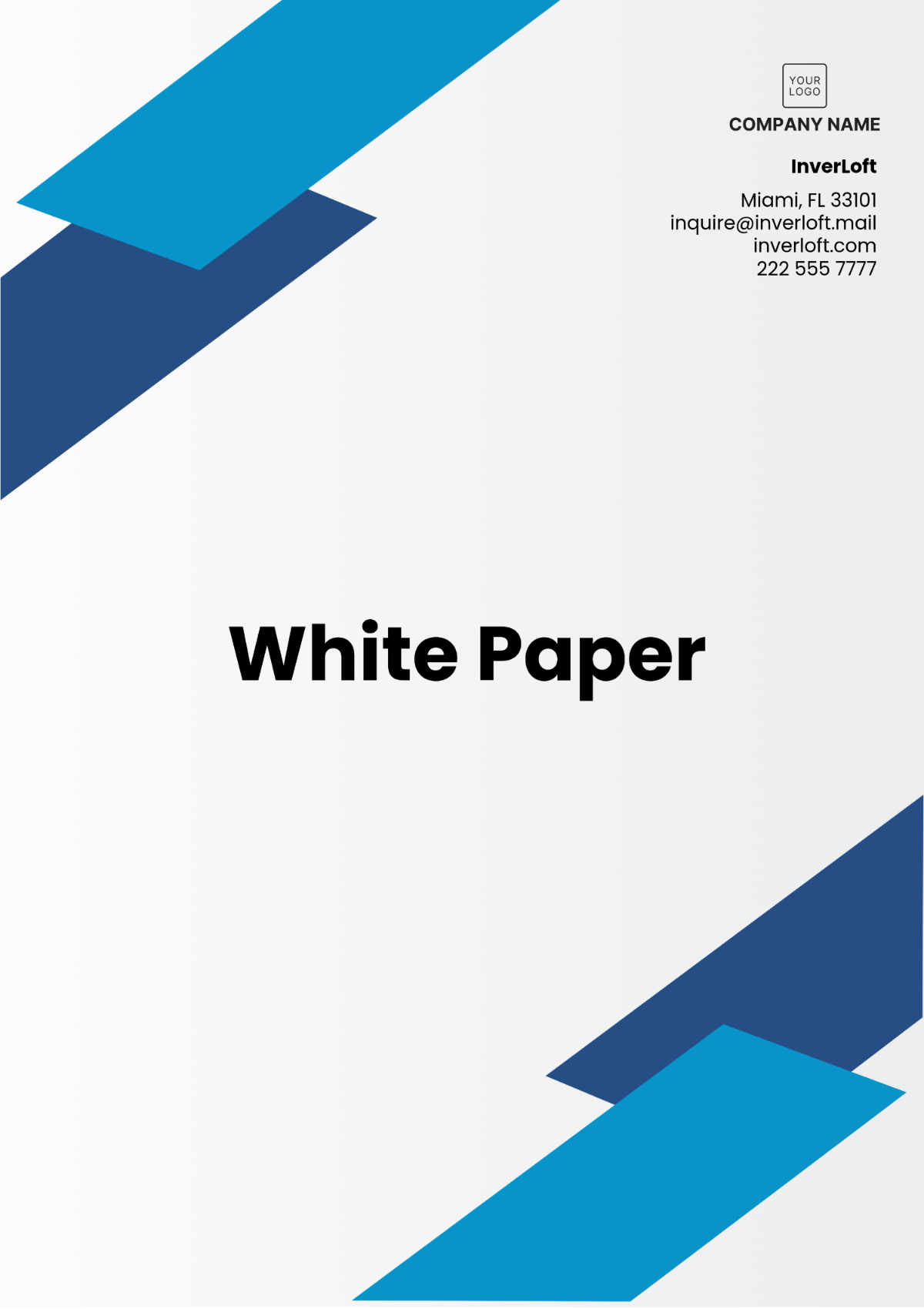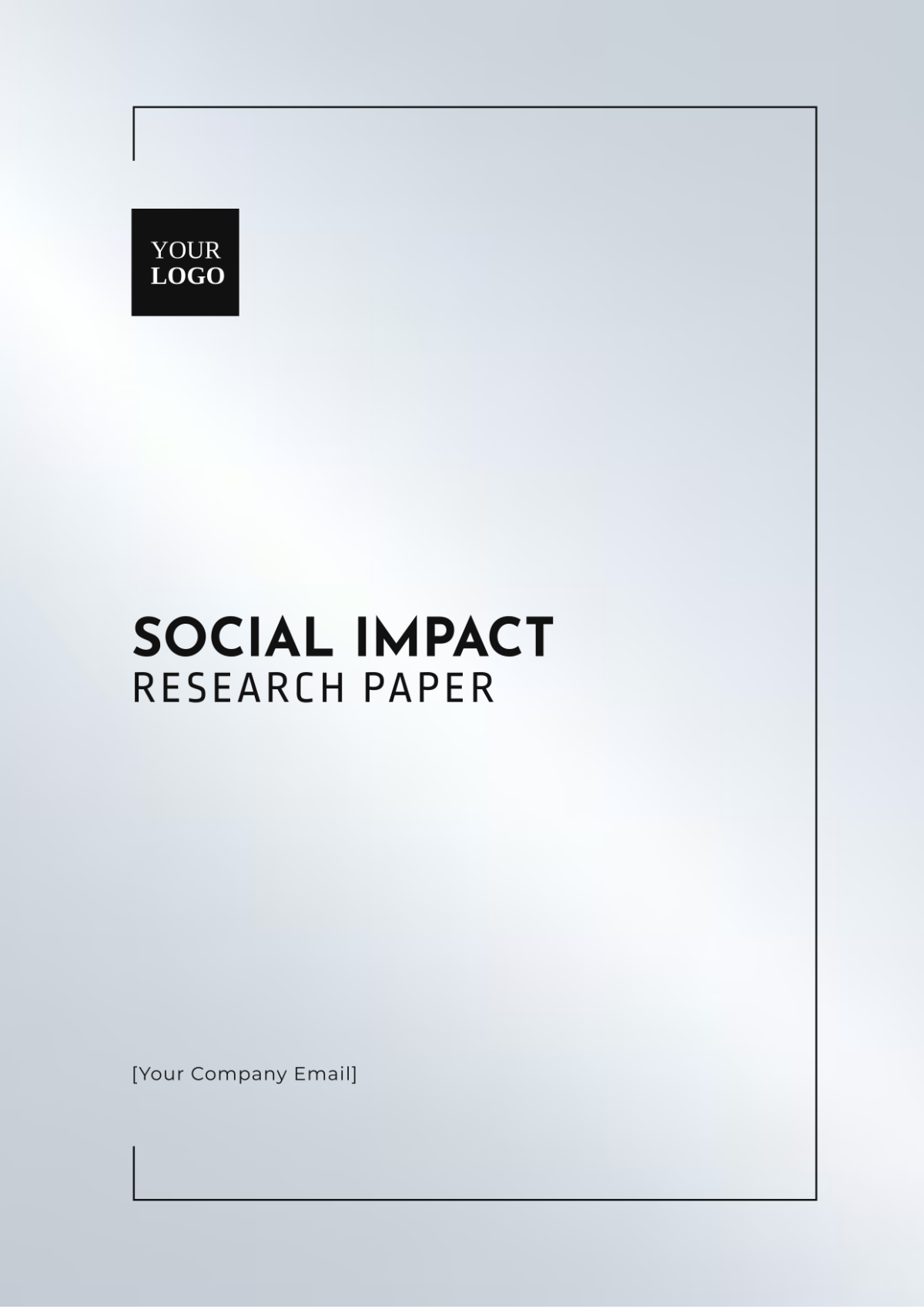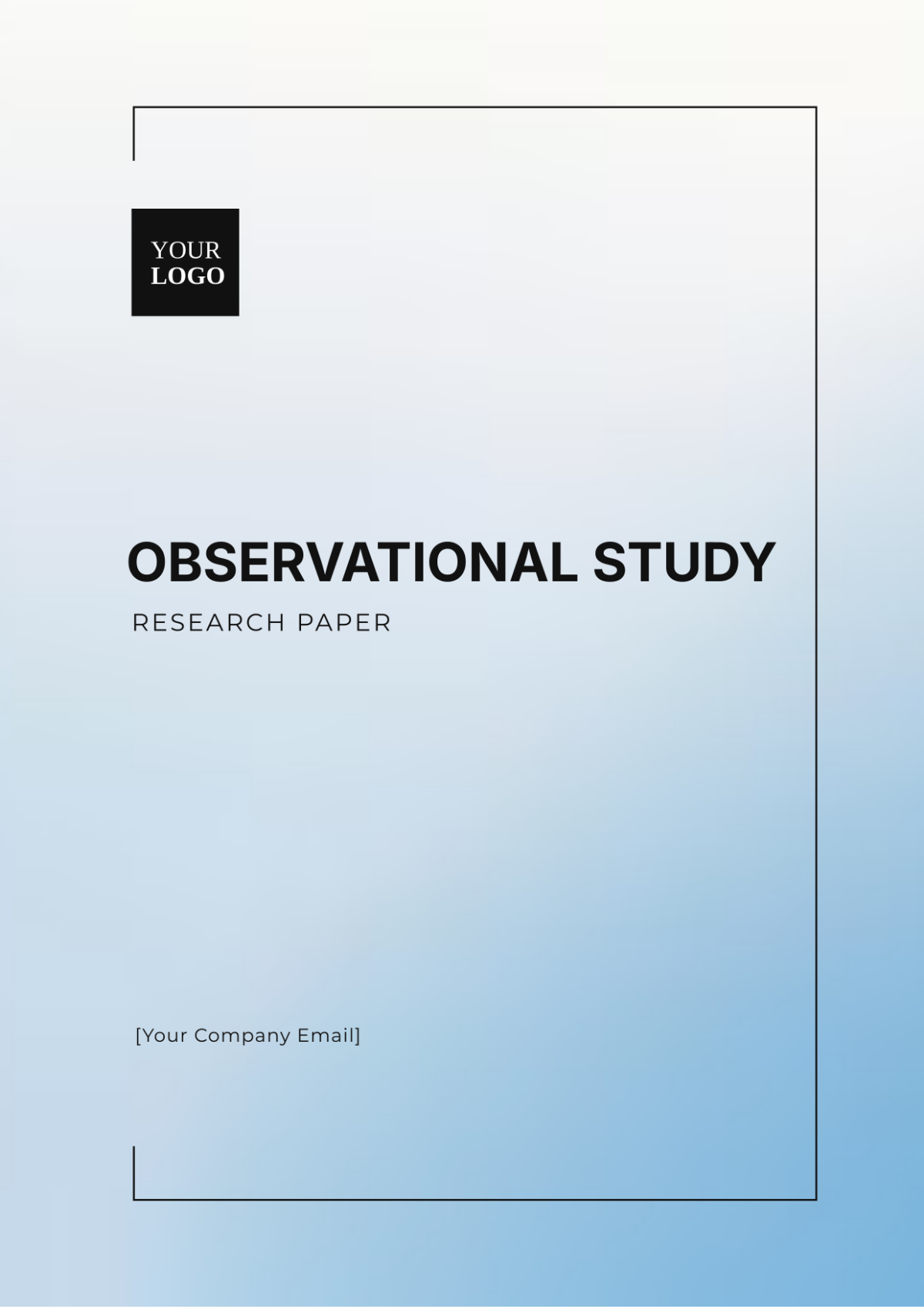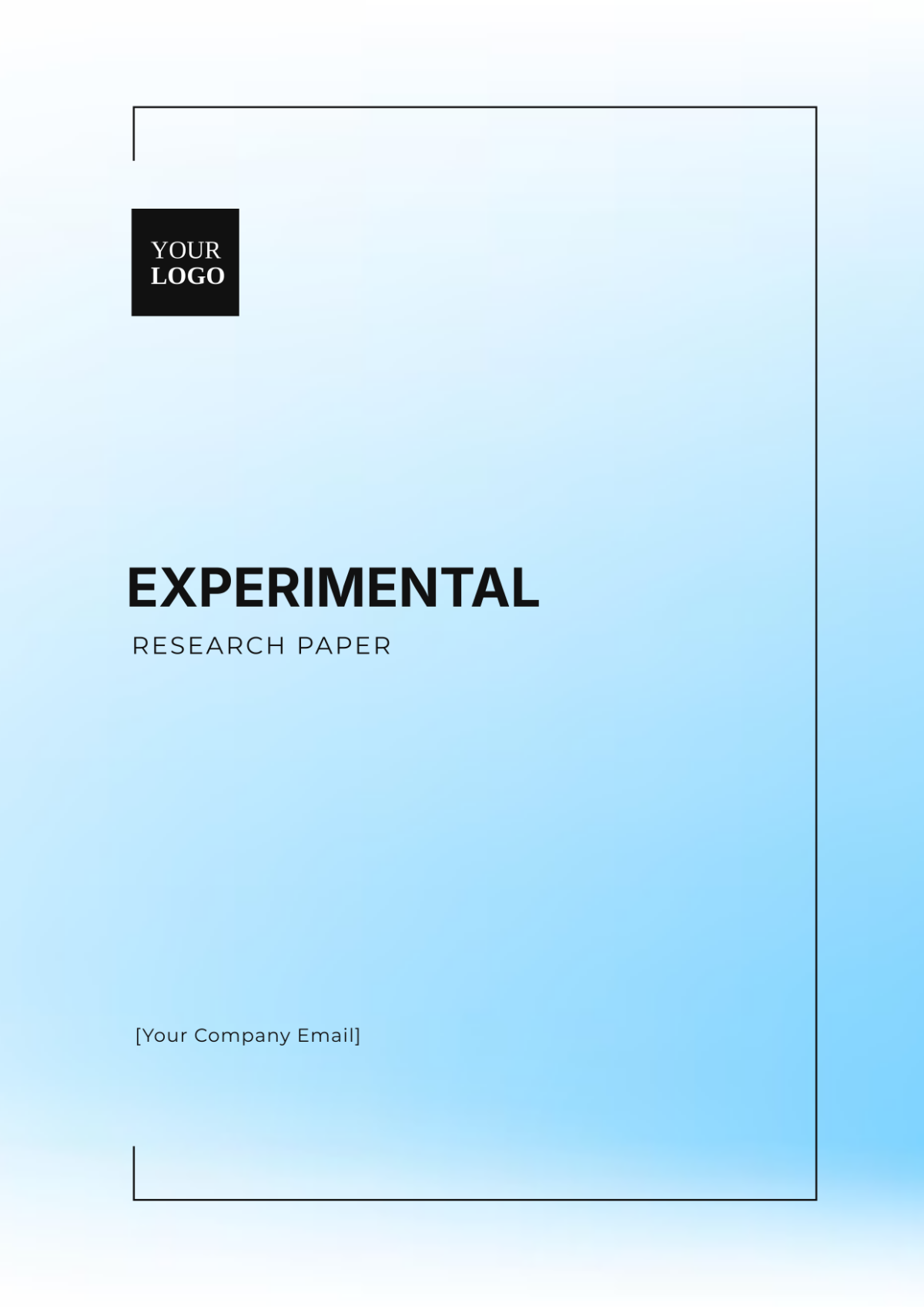Mixed-Methods Research Paper
Prepared By: [Your Name]
I. Abstract
This study investigates the impact of online learning on student engagement and performance by using both quantitative and qualitative methods. We surveyed 300 university students to gather quantitative data on engagement levels and academic performance. Additionally, we conducted in-depth interviews with 20 students to explore their personal experiences with online learning. The quantitative analysis revealed a moderate positive correlation between engagement and performance, while the qualitative data provided insights into how online learning affects students' motivation and study habits. The integration of these findings highlights the complex relationship between online learning modalities and student outcomes.
II. Introduction
A. Background
Online learning has become increasingly prevalent in higher education. Understanding its effects on student engagement and performance is crucial for optimizing educational practices.
B. Research Problem
There is limited comprehensive research on how online learning influences both engagement and performance simultaneously.
C. Objectives
To evaluate the effects of online learning on student engagement and academic performance and to explore students' experiences with online education.
D. Research Questions/Hypotheses
What is the relationship between online learning and student engagement?
How does online learning impact academic performance?
What are students' perceptions of online learning's effectiveness?
E. Rationale for Mixed Methods
Combining quantitative and qualitative approaches allows for a broader understanding of both measurable impacts and personal experiences.
III. Literature Review
A. Theoretical Framework
The study is guided by the Community of Inquiry framework, which emphasizes cognitive, social, and teaching presence in online learning environments.
B. Previous Research
Prior studies have focused on either engagement or performance in online learning, with mixed results. This study aims to bridge this gap by examining both aspects together.
IV. Methodology
A. Research Design
This study uses a convergent design where quantitative and qualitative data are collected concurrently and integrated during analysis.
B. Quantitative Methods
Sampling: A stratified random sample of 300 university students from various disciplines.
Data Collection: An online survey with 20 questions assessing engagement (e.g., frequency of participation, interaction with peers) and performance (e.g., GPA, assignment grades).
Data Analysis: Statistical analysis using SPSS to determine correlations between engagement scores and academic performance.
C. Qualitative Methods
Sampling: Purposeful sampling of 20 students who completed the survey and agreed to participate in interviews.
Data Collection: Semi-structured interviews lasting approximately 30 minutes, focusing on students’ experiences with online learning.
Data Analysis: Thematic analysis to identify recurring themes and patterns in students' responses.
D. Integration
Results from the quantitative analysis are compared with themes from the qualitative data to provide a comprehensive understanding of the impact of online learning.
V. Results
Quantitative Findings
The survey revealed a moderate positive correlation (r = 0.45) between student engagement and academic performance. Students who reported higher levels of engagement tended to have better grades.
Qualitative Findings
Interviews revealed that students appreciate the flexibility of online learning but struggle with maintaining motivation and managing time effectively. Key themes included challenges with self-discipline and a lack of personal interaction.
Integration of Results
The combination of quantitative and qualitative findings suggests that while online learning can positively influence performance for engaged students, it also presents challenges that impact engagement and overall effectiveness.
VI. Discussion
A. Interpretation of Findings
The positive correlation between engagement and performance supports the notion that higher engagement in online learning can lead to better academic outcomes. However, the qualitative data highlights that without proper support, engagement levels may suffer.
B. Integration of Methods
By integrating both quantitative and qualitative data, we gain a fuller picture of how online learning impacts students, revealing both the strengths and areas needing improvement.
C. Limitations
The study's limitations include a relatively small sample size for qualitative interviews and the potential for self-reporting bias in survey responses.
D. Implications
Educational institutions should focus on strategies to enhance student engagement in online learning environments and provide additional support to address common challenges.
VII. Conclusion
This study demonstrates that online learning has a complex impact on student engagement and performance. While it offers flexibility that can enhance performance for engaged students, it also poses challenges that need to be addressed to improve overall effectiveness. Future research should explore interventions that can support students in maintaining high levels of engagement in online learning environments.
